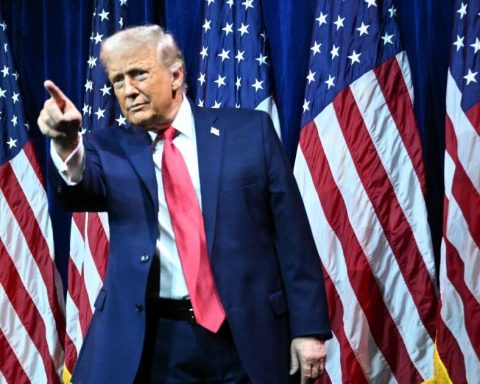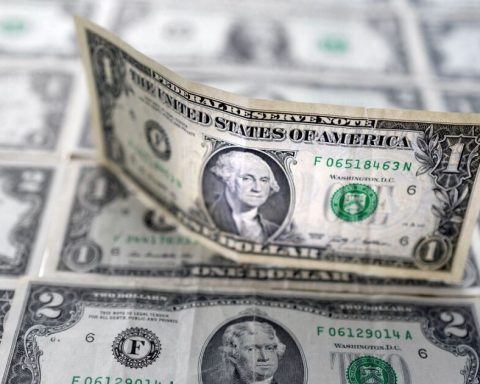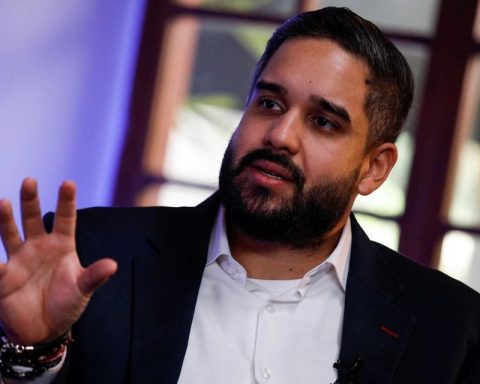“Simply put, it’s sky-high inflation rates that mean households have to pay more for the goods and services they have to buy, which means they have less to spend on other items,” said Capital’s Paul Dales.
“That’s a reduction in economic output, so that’s what’s fueling the recession. Rising interest rates play a small role, it’s actually higher inflation.”
US private sector business activity contracted for the second consecutive month in August and is the weakest in 18 months, with particular weakness in the services sector.
According to a Reuters poll on Monday, there is a 45% chance of a US recession within a year, and a 50% chance in two, though most economists say it will be short and shallow.
It’s a similar story in the euro zone, where the cost-of-living crisis kept customers keeping money in their pockets and business activity across the bloc contracted for the second month in a row.
The bleak data pushed the euro to a 20-year low against the dollar, and rising gas prices added to the hardships dragging Europe into recession.
In Britain, outside the European Union, private-sector growth slowed as factory output fell and the larger service sector expanded only modestly, signaling a looming recession.
In Japan, factory growth slowed to its lowest level in 19 months as declines in output and new orders deepened, while Australia’s Composite Purchasing Managers’ Index fell below the 50 mark that separates growth from contraction.
Inflation has reached multi-decade highs in many parts of the world, forcing central banks to tighten monetary policy as their mandate is to maintain price stability.
The Federal Reserve has raised its benchmark overnight interest rate by 2.25 percentage points this year, to try to curb the highest inflation in decades, and is expected to raise it again next month, according to a Reuters poll on Monday. .
Yet despite that aggressive policy, inflation is likely to remain above the Fed’s target this year and next.
Last month, the Bank of Canada surprised markets with a higher-than-expected 100 basis point hike in its key interest rate, saying more hikes would be needed.
The European Central Bank, which for years has struggled to deliver meaningful inflation but is now facing inflation well above target, began its cycle of rate hikes in July, raising rates higher than expected, and a survey of Reuters expects it to continue on its tightening path.
The Bank of England was among the first of its peers to raise borrowing costs and is expected to continue to do so, although it has warned that the country faces a long recession as energy bills are expected to rise. push consumer price inflation above 13% in October.
Central banking heavyweights, including Fed Chairman Jerome Powell, are meeting this week for their annual symposium in Jackson Hole, and could shed light on the magnitude of future rate hikes and the strength of their economies.
“Following signs of an end to rate hikes among the central banks that led the tightening, investors could anticipate that the Fed, ECB and BoE could end their hikes in the first half of 2023,” said Richard Flynn. in Charles Schwab.
“This year’s Symposium may provide an early indication of when the turn from hikes to cuts may occur.”













